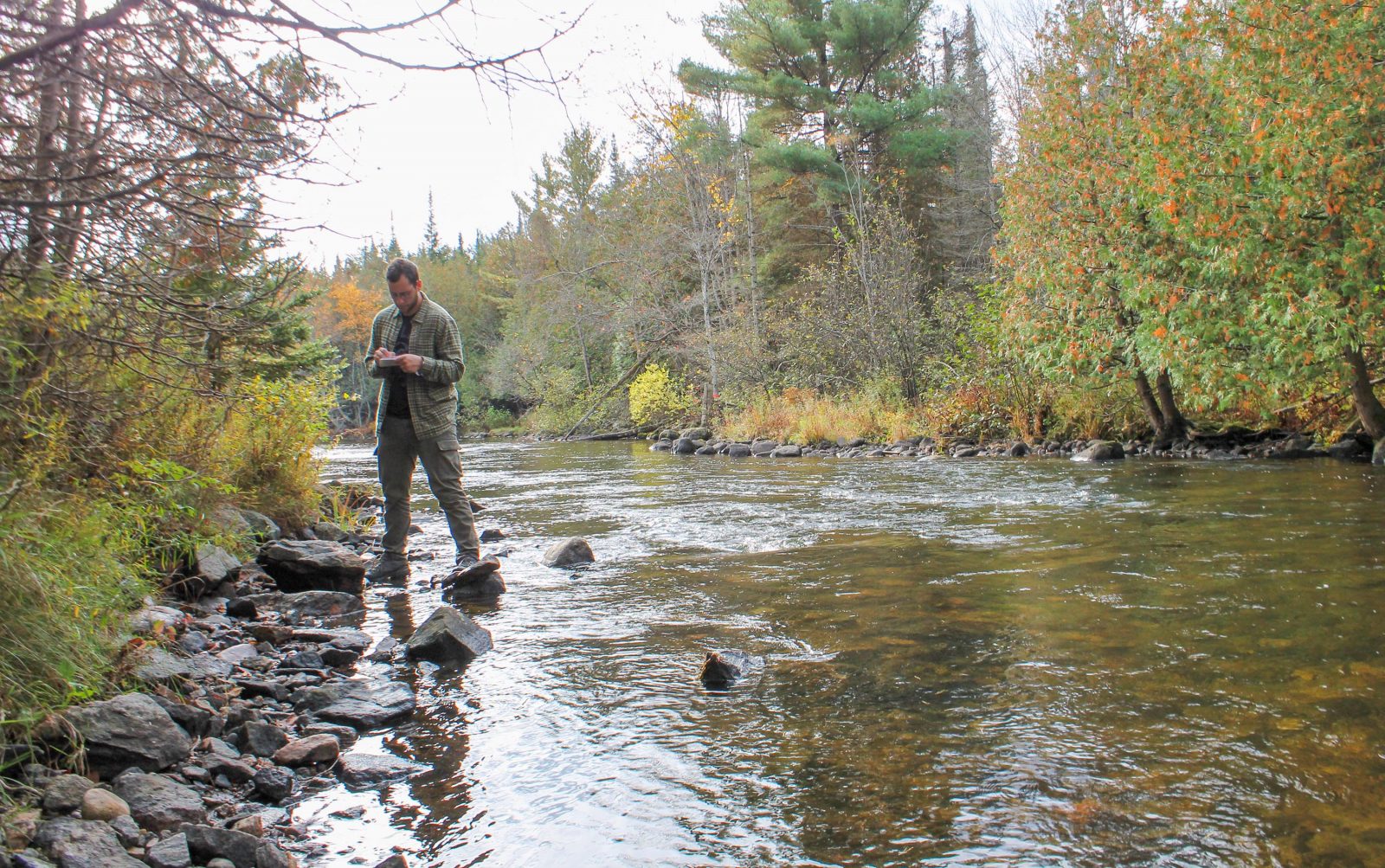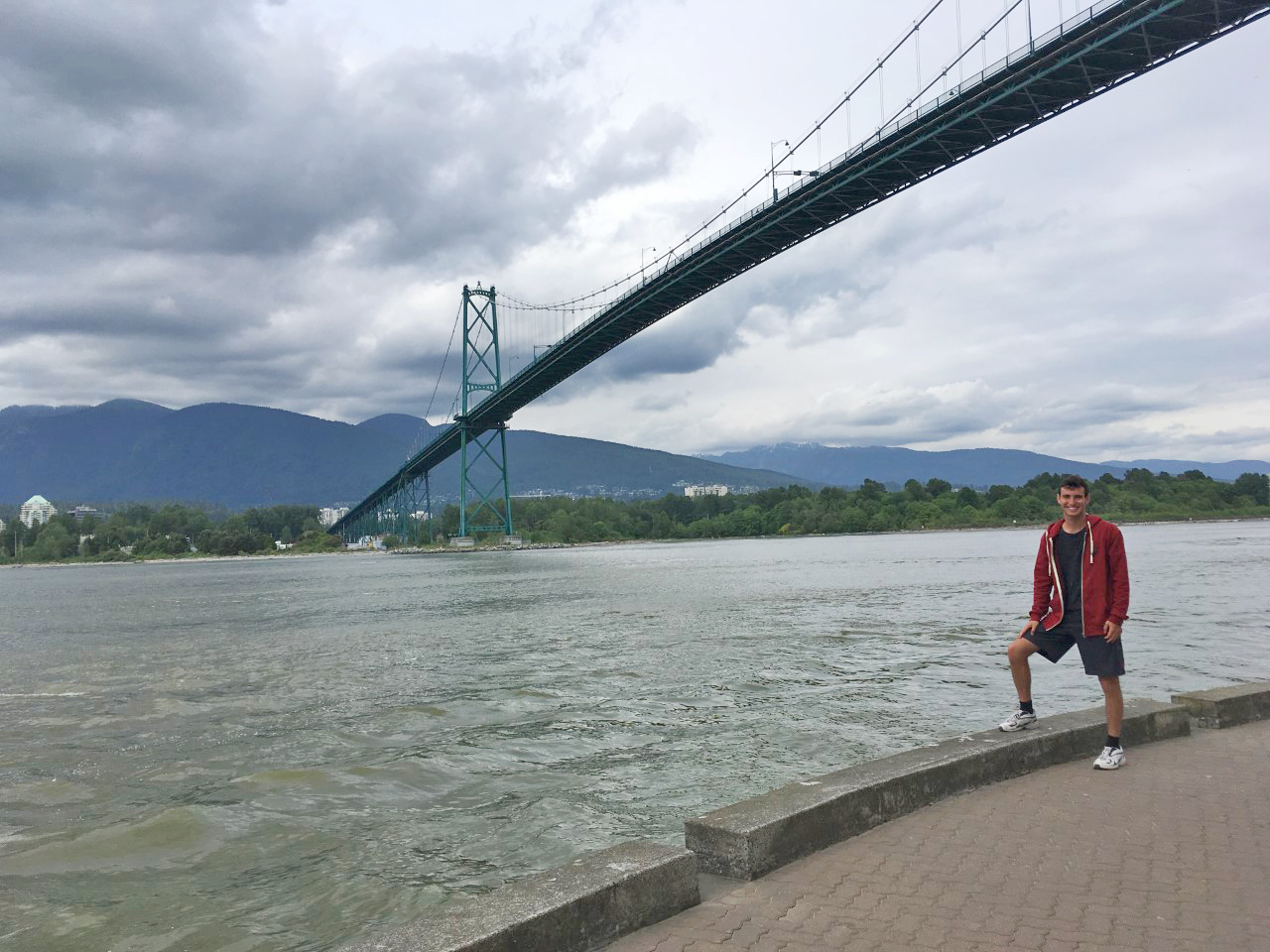An upcoming field course in Vancouver aims to immerse Brock students in the geographical concepts they’ve learned about in class.
Brock students are invited to learn more about earning credit through the Vancouver Field Course (GEOG/TOUR 3F93) at a virtual information session Thursday, Dec. 16 at 1 p.m.
Applications will soon open for the course, which is delivered during a 10-day trip to Vancouver, B.C. It is scheduled to run from May 23 to June 3, and is offered by the Department of Geography and Tourism Studies.
Professor Michael Ripmeester, who will teach the course, says that fieldwork was a big part of why he became a geographer, and he is excited to share that experience with students.
“Talking about geographical concepts in the field helps students see things differently than in lecture,” says Ripmeester. “It is, for example, one thing to talk about residential segregation or neighbourhood change, but it is another to see it and walk through it. I think students are sometimes surprised by the real-world ramifications of the things that we learn about in class when they have to confront them in the real world.”
The course will help students engage with geographical theories and concepts and witness how geography can influence planning and social policy. It will cover such topics as the historical geography of Vancouver, planning and architecture, public space in the 21st century and the social and cultural geographies of the city.
While preference is given to majors in the department approaching graduation, any Brock student with two credits from the department’s programs or permission from the instructor is eligible.
Each student who is accepted will receive a travel award from the Faculty of Social Sciences to help cover travel expenses.
Registration for the course is capped at 25, so students interested in the course are encouraged to email Ripmeester and to attend Thursday’s information session, where he’ll go into more detail about what the course is designed to do and what students can expect to gain from it.
“I hope that spending time in the field and exploring a new place fuels their sense of curiosity about world, and perhaps in pursuing more Geography or Tourism courses,” he says.
Please note that as of Sept. 7, 2021, Brock University’s vaccine mandate is in effect. Students and faculty must be fully vaccinated to participate in this field course and must provide the University with proof of vaccination status. Due to the ongoing uncertainty of COVID-19, details of this field course are subject to change.
STORY FROM THE BROCK NEWS




